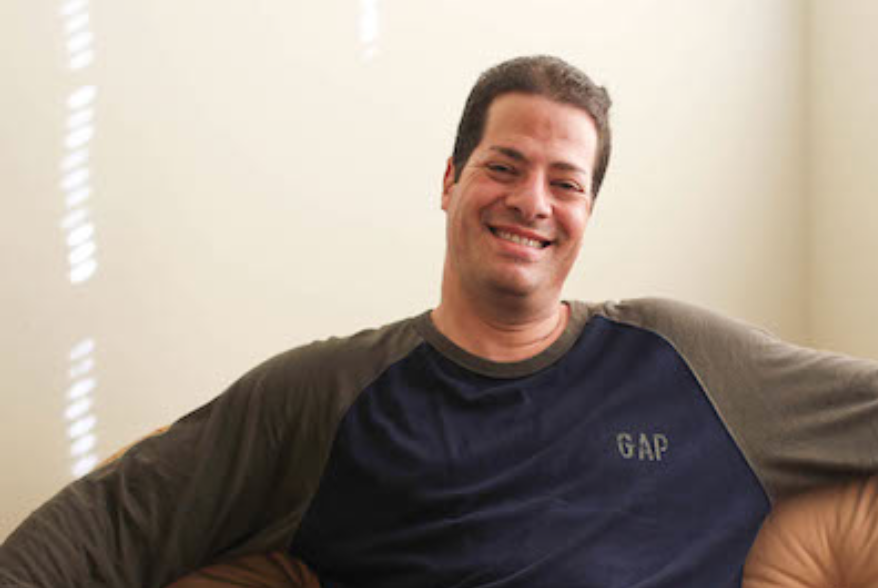CEF recently received one of the highest honors any organization could possibly aspire to achieve — one of the members of CEF’s program nominated us for an award! We were truly humbled by her nomination — first, that she thought highly enough of her personal experience with CEF to nominate us, and secondly, because the essay she submitted with her nomination is truly beautiful.
Beloved, a really and truly lovely member of the CEF community, wrote a nomination for the Lamplighter Award, a humanitarian award given annually by 103.9 FM “The Light,” a local gospel radio station. And still even more amazing, CEF was selected as a finalist for the award! Beloved represented CEF at the black-tie event on Saturday! We are truly and deeply honored by Beloved’s nomination and the opportunity to be considered for the award. The Rogers Eubanks Neighborhood Association won the final award for their great work for racial and environmental justice in Orange County. We are delighted to have been included in such great company!
Beloved’s beautiful essay is included in its complete form here. Thank you, Beloved, for your leadership, care and commitment!

“Community Empowerment Fund is a non-profit organization serving the people of Orange and Durham Counties. Co-founded by Jon Young and Maggie West, University of North Carolina at Chapel Hill graduates, CEF’s foundation principle is preserving human and civil rights in the community. CEF connects current UNC and Duke Students who choose to volunteer their time in the organization, with individual members in the community who are seeking aid in any manner. CEF trains its advocates and volunteers, preparing them to serve people with the same dedication and principles it possessed at the opening of Community Empowerment Fund in 2009. Today, CEF is a thriving place, aiding folks of all ages and races, celebrating one another’s differences and empowering them to live above their circumstances.
“CEF is proud of people. People of all walks of life are welcomed. This organization offers a multitude of community resources to help and assist people in their time of need, whatever and however one may need. CEF is a place where individuals come to receive free services such as job seeking assistance, resume building, computer skills classes, cooking classes, sponsored plots in a local garden, along with the seeds and the necessary education needed in order to plant and harvest. CEF has weekly Opportunity Classes where several topics are out in the open, discussed across a meeting table, where coffee and pastries are served along with the uplifting, soul searching conversation. All input is welcome and received; it is a place to speak your mind and listen, a place to sit and build structure into one’s life. Papers are handed out on issues such as conflict at work, budgeting, among many other pertinent, life skill subjects, much needed in our society at hand. Once a member has completed the 8 sessions and reached their savings goal, they are eligible to receive a savings match in their CEF account of 10%. Community Empowerment Fund is built on providing people with the tools they need to be financially independent.
“The most powerful component of CEF is their belief that relationship is the starting point. Advocates are thoughtfully paired with individuals seeking membership and those relationships are brought together in concise ways, acting as friendships over a long period of time; multiple years. The relationships that are provided and strengthened offer peace and trust, where people have lacked it. Accountability is brought to the surface in a pleasant and mature process of ups and downs, and the acceptance therein. Support is offered, cell phone numbers are openly and easily exchanged. One wonders why they ever sought therapy and paid out of pocket for it, when human affairs are exchanged and treated so civilly. Likewise, attention is given foremost to the person who walks in, whether they are homeless, in a shelter, or in stable housing. Fare is given for those in need of public transportation to get to where they are going. Questions are not asked. Phone lines and internet lines are open and awaiting individuals who walk in who need them. Anything that would benefit a member is sought and found by their advocate or the founders.
“‘A tool shop for humanity,’ one could call it. An aversion from the norm. “True southern hospitality”, is perhaps what Community Empowerment Fund embodies. Biblical truth is what is represented and acted out. Works, works, and more works, all outlined in faith, though they are not a faith-based organization. Certainly, they attract many believers and probably turn more people into one than some churches. For one long time member whose iron count went low, a weekly box showed up at her doorstep, abounding with fresh produce from a local farm. Who made this happen? Her advocate and CEF’s co-founder, with their connection to a farmer food share. Another member with a medical issue and no transportation was supported to own her own car with CEF’s partnership with a local car donation organization and through building her CEF Safe Savings Account.
“All around, CEF enables empowerment among the peoples, and is always seeking out more ways to applaud their members who they so diligently support. Eradicating homelessness is their anthem, providing aid to live one’s life to its fullest is their mission.”


 How did you find out about CEF?
How did you find out about CEF?





